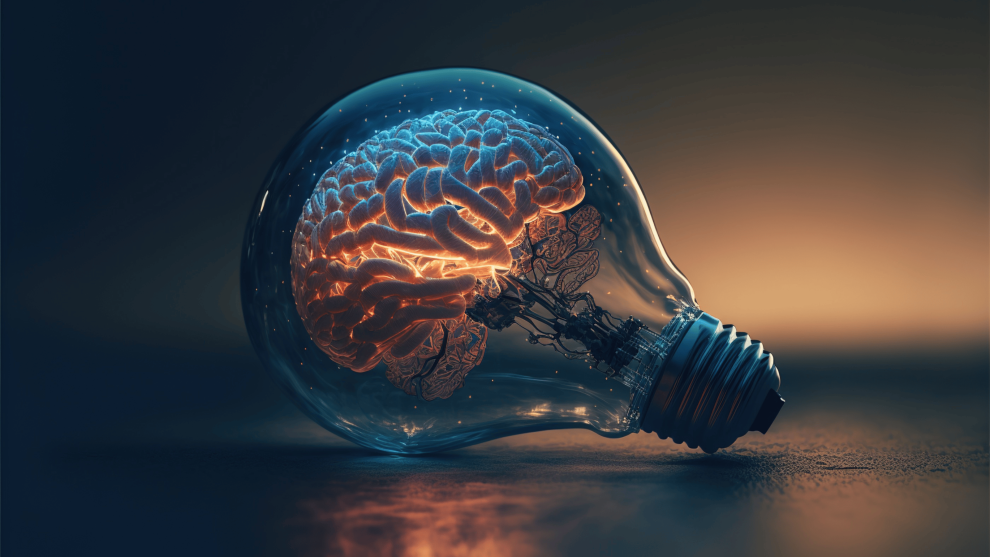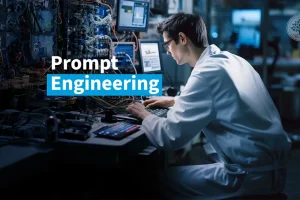The field of artificial intelligence (AI) is currently experiencing massive growth and innovation, leading many experts to draw comparisons to the dot-com boom of the 1990s. However, while that tech explosion led to a market crash, analysts predict a bright future for AI development without the same pitfalls. Underpinning it all are advancements in software and hardware from companies like Nvidia, which produce the GPUs capable of powering modern AI.
The Recent Explosion in AI Capabilities
AI has been studied for over 50 years, but only now are the technologies starting to deliver on long-standing promises. Several key factors have aligned to produce this environment of rapid progress:
- The availability of vast datasets for training machine learning models
- Increasing computing power with the latest hardware innovations
- The development of new and improved machine learning algorithms
With these developments, AI systems can now accomplish tasks considered impossible just a few years ago. This includes capabilities like:
- Detecting diseases as accurately as doctors
- Beating the top human players in complex games like poker and Go
- Translating between languages in real-time
- Driving vehicles autonomously through city streets
Current and Future Applications of AI
We’re already seeing AI technologies cause major disruptions across many industries:
- Healthcare – Diagnosing illness, creating treatment plans, performing robotic surgeries
- Manufacturing – Automating manual tasks, optimizing supply chains and production
- Finance – Detecting fraud, analyzing market trends for investments
- Transportation – Self-driving vehicles, managing traffic patterns with AI
And this is only the beginning. Virtually every industry stands to be transformed by these technologies. AI applications are projected to contribute over $15 trillion to the global economy by 2030.
The Leadership Role of Nvidia in AI

At the core of many exciting innovations in AI are GPUs (graphics processing units). Originally created to handle video game visuals, the massively parallel nature of GPUs also makes them perfect for training deep neural networks.
Understanding this important role for GPUs early on, Nvidia invested heavily in AI long before it entered the mainstream. Now the company provides the hardware and software platforms powering everything from chatbots to autonomous robots.
Today the biggest tech companies running AI workloads – including Google, Microsoft, Amazon and Facebook – rely on Nvidia GPUs. It’s this dominant position that has analysts bullish on Nvidia’s prospects as AI continues its rapid growth.
Preparing for the Future Impacts of AI
Looking ahead, many AI experts believe we’ll continue seeing exponential progress. In particular, the development of AGI (artificial general intelligence) – AI capable of performing any intellectual task a human can – would mark a monumental milestone.
With the quickening pace of AI innovations also comes serious questions around ethics and security. How can we ensure these technologies are built and used responsibly? What policies and regulations are needed to minimize risks?
There’s still ongoing debate around these concerns. But as companies like Nvidia usher in the next era of computing, we must thoughtfully consider challenges alongside the many exciting possibilities.













Add Comment